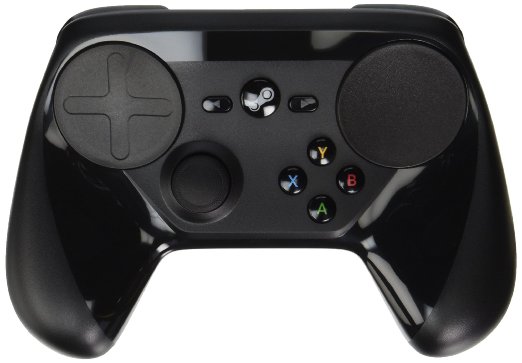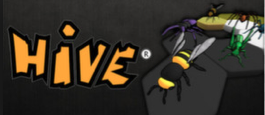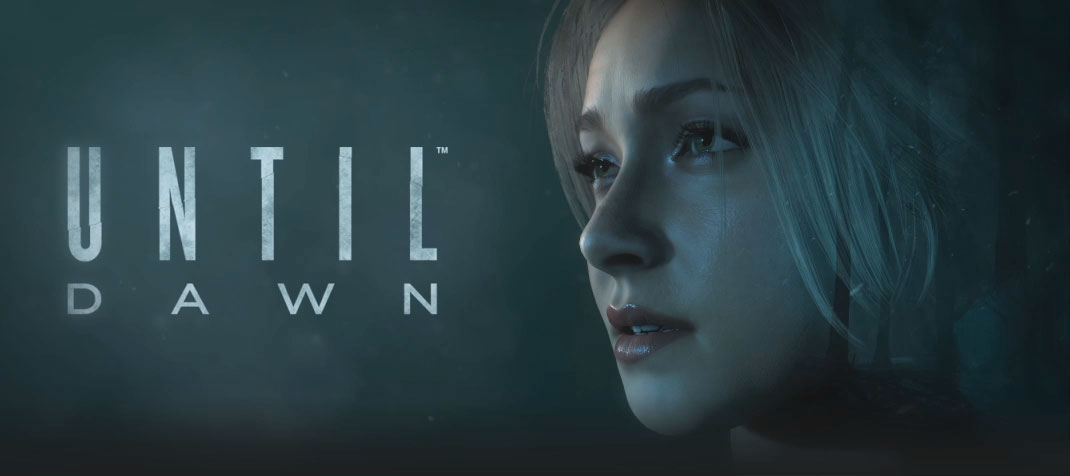Gaming mechanics, structures, and tactics are perhaps defined best by their fluidity across various spaces and places. Consider how points are used in the classroom, wagers made in sports, personal records broken in recreational activities, and, with the advent of fitness trackers, weekly and daily step challenges increase competition between friends. Indeed the agon and the ludic seem to infiltrate all areas of life. Weight loss, diet, and health is no exception. Lately we at NYMG have been writing a lot about the overlaps between gaming and mental health, such as obsessive relational intrusion and terroristic tendencies. Alex has written about the overlaps between gaming and health, looking at research that dispels the old stereotype of the fat, lazy, acne-riddled gamer. Today we cover a different angle: how can gaming be used to bring together communities in a way that both inspires camaraderie and relationship while providing some much needed extrinsic motivation.
It all started with Ashley wanting desperately to purchase a PS4, which was obviously influenced by Alex’s constant “you need to a get a PS4 so we can play together!” Thinking that waging a bet with her S.O. of who could drop the most weight over summer would not only motivate her to return to a healthier lifestyle, but also land her a free PS4, the announcement was made on Facebook (workouts don’t count unless you post them to social media. Duh). Within a few minutes, the notifications came: “That’s a great idea!” “I wanna play, too!” “Make sure you sabotage him–men and their metabolisms.” Within 24 hours, we had a group of ten women eager to play a virtual version of The Biggest Loser. Now, it wasn’t meant to be just female bodies; it just so happens that’s who responded, that’s who wanted to play, and that has led to creating an online space of healthy competition with handfuls of encouragement, understanding, vulnerability, and empathy. And to address the elephant in the room (haha), people with high testosterone and people with high estrogen often lose weight differently.
We found that putting something that is incredibly personal and difficult–weight loss–in a fun and competitive format is really helping us stay on track. We are able to look out for each other, share recipes and tips, and brag about hard workouts. Seeing others’ progress motivates others. I personally (Alex) feel motivated to workout when I see Ashley post about some crazy workout she did. While I (Ashley) feel encouraged that I’m not alone in this process, and despite my weight gain this year, I’m not judged on that or seen as less valuable. We made a game out of one of the hardest things you can do, and it’s working. Since gaming often gets a bad rap for encouraging unhealthy behaviors, we wanted to look at all the games, apps, and tactics that are being used to encourage healthy behavior and talk about why this seems to work so well.
Today there are many gaming apps that encourage weight loss and healthy behaviors. There are apps that track your workouts, such as MapMyRun, 7 Minute Workout (Alex’s current fav), Couch to 5k, and Zombies Run! There are even fitness trackers like the Jawbone, the Fitbit (Ashley’s a proud owner of the Blaze), and products by Polar and Garmin. These make a game out of physical exertion as well as allow the social networking connectedness to see how others are progressing. When a friend’s 14 mile run pops on on your screen, it’s a lot easier to motivate yourself to at least take the dogs for a walk or park at the back of the parking lot. There are apps that track your food intake, such as MyFitnessPal and LoseIt. These may not be games per say, but they use game mechanics such as instant feedback, visualization, and challenges with friends. You can even join challenges with strangers. Of course there are games that you have to be physically active to play, like Dance Dance Revolution and Just Dance. The Xbox One also has a fitness tracker when using the Kinect Fitness and shows your progress over time. I (Alex) remember the first time I knew a group of really hardcore gamers in middle school. One of them lost about 70 lbs, and I asked how he did it. Turns out he just got really into DDR. And maybe that’s the reason the Wii Balance Board workouts were so big for awhile; they made you forget you were working out. You were just playing. Just like when we were kids and managed to run, bike, walk, and swim all day, never once thinking it was “exercise.”
Gamifying weight loss environments also works to improve motivation and commitment. Weight Watchers, largely considered the most effective “lifestyle change” aka weight loss program available, doesn’t rely on restrictions, carb cutting, supplements, or power workouts. It relies on a point system. You spend points on food and earn points from working out. It’s the most basic game model that exists: earn coins, spend them on items to make you better at earning points. Not only that, but WW is famous for handing out prizes at their meetings when you hit goals: 5% weight loss, every 5lbs, and so on all earn stickers and prizes. It’s like the adult version of the gold star. Even their online app throws a little party for you when you hit a milestone. Our Biggest Loser challenge is using money as a motivator and as a way to stay committed. When you have money invested in something, it can be a reason to stick to your plan, especially when you’re a broke ass PhD student like Ashley. Whether the motivation comes from wanting to earn a reward, from wanting to beat your friends, or from wanting the public recognition of “winning,” these gamified environments keep people motivated and committed.
While much of this is done virtually, I (Ashley) have found a great deal of accountability in frequenting the gym with my SO and a sweet friend (she’s also participating in our challenge). I don’t do workouts with my SO (we’re both following a different routine from the Bodyspace app which has the best feature of saying how many lbs you’ve lifted—I’m up to 95K. I feel badass.), but I do manage to find more strength, more endurance, more UMPH in working out with a friend (and partner) who’s on the same path to healthy — we’re able to encourage one another, go that extra minute or mile, push past our limitations, and give sweaty high-fives to each other at the end. Having a partner makes it an easier and more enjoyable transition. And, of course, nothing goes un-posted: Instagram, Facebook, Twitter #doyouevenliftbro
We recognize that not everyone has that physical friend — we move, we have different schedules, etc. etc. Yet these gaming apps and gamified weight loss environments provide virtual spaces that aid weight loss and healthy behaviors is through improving engagement, investment, and socialization. Feedback, as mentioned above, is one of the most powerful motivators that gamification offers. I need the feedback when I finish a round in circuit training, a badge to pop up when I lose weight, or the encouragement of friends when I have fallen off the wagon. I am more engaged when people are engaged with me. As we all posted pictures of ourselves on the scale, one theme emerged: it is really fucking hard to post your weight in “public,” even when it’s a small group of encouraging women who are all in the same boat. Making a game out of something like weight loss allows us to remove some of the pressure, stigma, and fear out of discussing our personal struggles with weight, which is often propagated through media’s portrayal of women and what “healthy” is and and isn’t. The connection between women in this group is pretty incredible: we encourage, hold accountable, call out, and support each other. One of the reasons this is possible is because we are in our own magic circle. The world’s BS need not apply here. AKA, Lara Croft’s unattainable thigh gap is prohibited.
Games can help us tackle some of the most difficult, personal, embarrassing, heart-wrenching, and terrifying themes that we may be unable to confront without the aided levity of games. Levity may not be the right choice of words, since many games on the themes listed above have no levity. It may be that “play” as a concept is one of the most basic instincts we have as humans. Playing taps into our deeply human and raw core, and perhaps that’s why we are able to use games and play to express and explore topics that may be the most difficult to confront in other situations: war, murder, mental illness, homelessness, gender and sexuality, racial representation — the list is endless.




